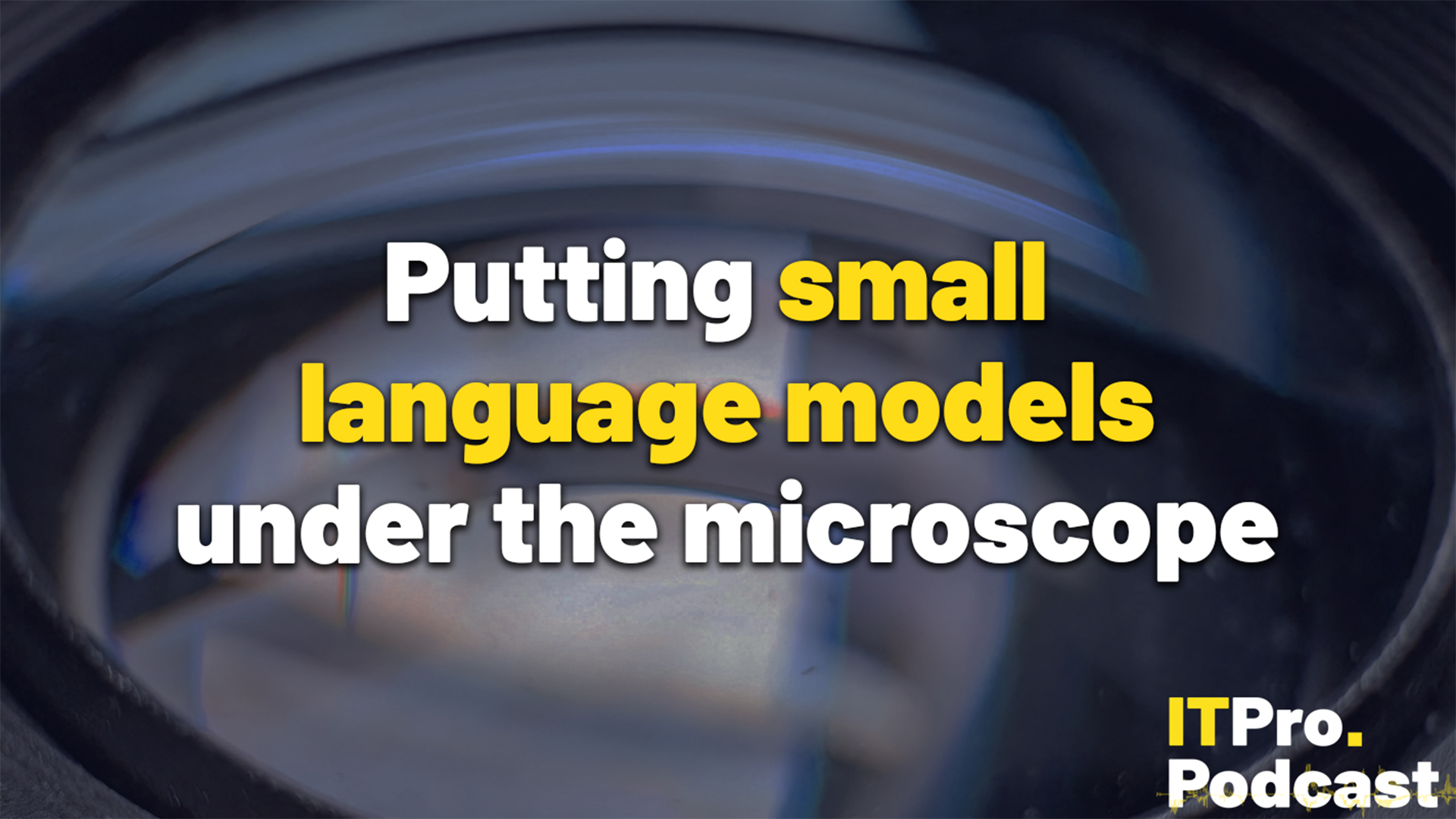Microsoft planning a future without Windows
The software giant is reportedly looking to develop a new operating system platform to keep up with advances in technology.


Internal documents leaked online suggest that Microsoft is looking to develop a new legacy-free operating system, in the face of Windows falling behind with new innovations in IT.
The software giant is reportedly researching new ways to look at software. One project is Midori, a web-centric operating system which is not tied to a single PC the way the current Windows OS is, the BBC has reported. It is seen as a spin-off of Microsoft's Singularity OS research.
According to the Software Development Times, which claimed to have seen internal Microsoft documents about the project, Midori will be a component-based system independent of client hardware, instead running within a hypervisor virtual enclosure or hosted by a Windows instance.
Microsoft said in a statement: "Midori is one of many incubation projects underway at Microsoft. It's simply a matter of being too early in the incubation to talk about it."
The project is seen as a reaction to virtualisation, which could change the way licensing works and affect Microsoft's software business.
Gartner analyst Michael Silver told the BBC that 80 per cent of Windows sales come when a new computer is sold. "If Windows ends up being less important over time as applications become more OS agnostic where will Microsoft make its money?" he asked.
Microsoft's main OS rival Apple was the last vendor to try and migrate users from a legacy OS platform to a new one, when it launched Mac OS X in 2001, a completely different and incompatible platform from Mac OS 9. It used virtualisation to allow OS 9 to run within the OS X in an effort to help users maintain access to applications that had not yet been rewritten for the new platform.
Get the ITPro daily newsletter
Sign up today and you will receive a free copy of our Future Focus 2025 report - the leading guidance on AI, cybersecurity and other IT challenges as per 700+ senior executives
Freelance journalist Nicole Kobie first started writing for ITPro in 2007, with bylines in New Scientist, Wired, PC Pro and many more.
Nicole the author of a book about the history of technology, The Long History of the Future.
-
 How the UK MoJ achieved secure networks for prisons and offices with Palo Alto Networks
How the UK MoJ achieved secure networks for prisons and offices with Palo Alto NetworksCase study Adopting zero trust is a necessity when your own users are trying to launch cyber attacks
By Rory Bathgate
-
 Putting small language models under the microscope
Putting small language models under the microscopeITPro Podcast The benefits of small language models are undeniable – but they're no silver bullet
By Rory Bathgate
-
 Tiny11 review: Windows 11 with only 2GB of RAM
Tiny11 review: Windows 11 with only 2GB of RAMReview A version of Windows 11 for older machines that don't meet the full requirements
By Nik Rawlinson
-
 Red Hat Enterprise Linux becomes foundational operating system for Cohesity Data Cloud
Red Hat Enterprise Linux becomes foundational operating system for Cohesity Data CloudNews New strategic partnership between Red Hat and Cohesity aims to drive innovation in the data security and management space
By Daniel Todd
-
 Ubuntu shifts to four-week update cycle
Ubuntu shifts to four-week update cycleNews Critical fixes will also come every two weeks, mitigating the issues involved with releasing prompt patches on the old three-week cadence
By Richard Speed
-
 AlmaLinux follows Oracle in ditching RHEL compatibility
AlmaLinux follows Oracle in ditching RHEL compatibilityNews Application binary compatibility is now the aim with 1:1 now dropped
By Richard Speed
-
 How big is the Windows 10 cliff-edge?
How big is the Windows 10 cliff-edge?ITPro Network With some comparing the upcoming Windows 10 end of life to Windows XP, we ask members of the ITPro Network for their insight
By Jane McCallion
-
 Everything you need to know about the latest Windows 11 updates - from bug fixes to brand-new features
Everything you need to know about the latest Windows 11 updates - from bug fixes to brand-new featuresNews Two new cumulative updates are on the way and will be installed automatically on Windows 10 and Windows 11 machines
By Rory Bathgate
-
 How to download a Windows 11 ISO file and perform a clean install
How to download a Windows 11 ISO file and perform a clean installTutorial Use a Windows 11 ISO to install the operating system afresh
By John Loeppky
-
 We could all benefit from better Windows and macOS accessibility features
We could all benefit from better Windows and macOS accessibility featuresOpinion Today’s accessibility features can help you work through a nasty injury, but there’s still plenty of room for improvement
By Barry Collins